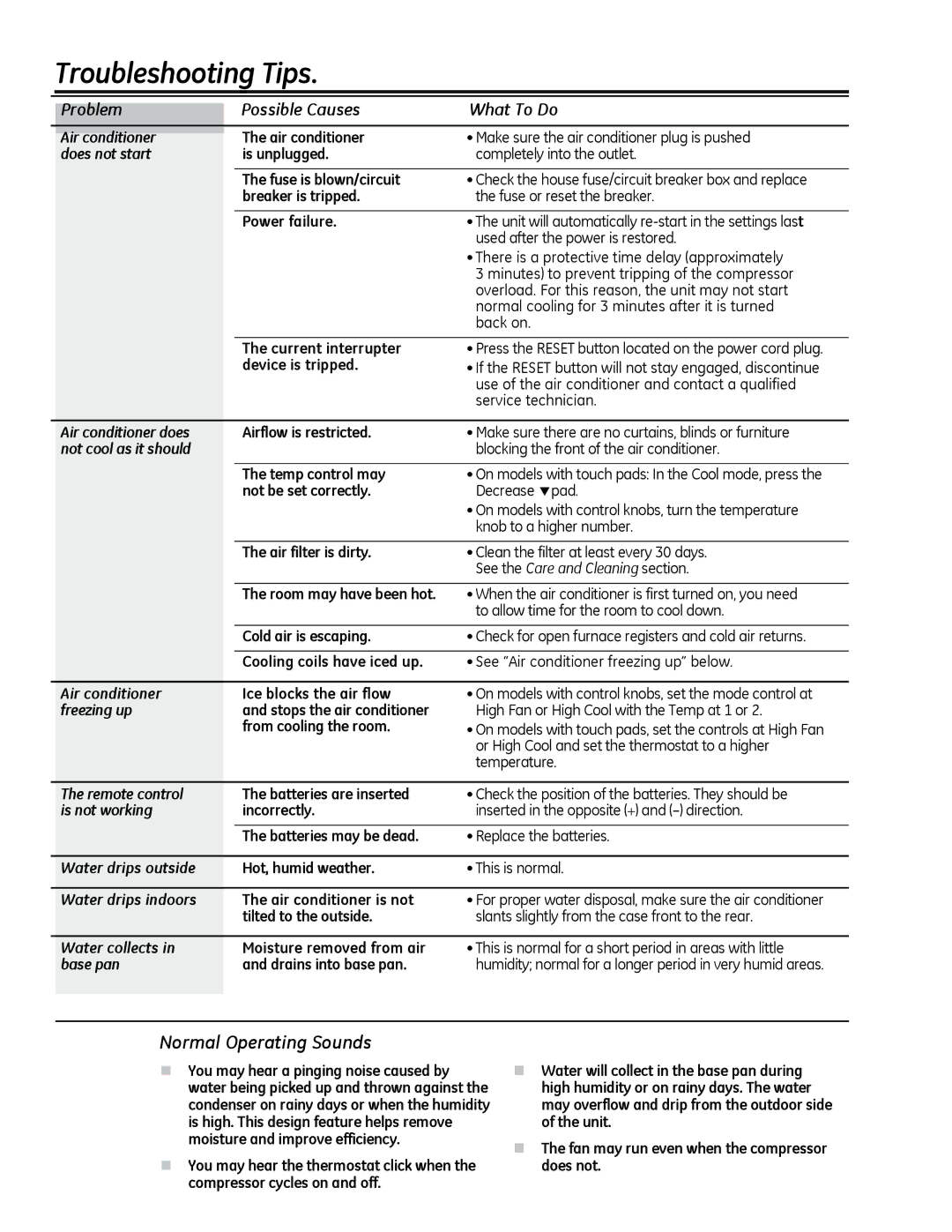880 specifications
The GE 880 is a significant innovation in the domain of aerospace and defense technology, representing a blend of performance, reliability, and advanced engineering. As part of General Electric's renowned lineup of jet engines, the GE 880 showcases several cutting-edge features and characteristics that elevate its operational efficiency and versatility.One of the standout features of the GE 880 is its high bypass ratio turbofan design. This configuration allows for a greater volume of air to bypass the engine core, which contributes to improved fuel efficiency while minimizing noise levels. This is particularly advantageous for commercial aviation, where regulatory compliance regarding noise pollution has become increasingly strict. The aerodynamic design also facilitates enhanced thrust-to-weight ratio, providing the engine with the ability to deliver optimal performance across various flight conditions.
The GE 880 is equipped with advanced materials and manufacturing techniques that enhance durability and performance. The use of lightweight composite materials reduces overall weight while maintaining structural integrity, allowing for better fuel economy and operational range. Additionally, the engine incorporates turbine blades made from advanced alloys and coated with thermal barrier coatings, enabling them to withstand extreme temperatures and pressures.
Another key characteristic of the GE 880 is its sophisticated electronic engine control system. This system optimizes engine performance by providing real-time monitoring and adjustments across a range of operational parameters. It assists pilots in achieving optimal efficiency during various phases of flight, from takeoff to cruising and landing. Furthermore, the engine is designed to facilitate easy maintenance, with modular components that simplify repairs and reduce downtime.
In terms of emissions, the GE 880 has been engineered to exceed modern environmental standards. The engine design aims to minimize nitrogen oxide (NOx) emissions and comply with stringent regulations, making it an environmentally friendly option for airlines striving to reduce their carbon footprints.
Overall, the GE 880 stands out in the aerospace sector due to its remarkable combination of efficiency, power, and eco-friendliness. Its advanced technologies, robust design, and commitment to sustainability make it a preferred choice for aircraft manufacturers and operators aiming for reliable performance in an increasingly competitive market. As the aviation industry continues to evolve, the GE 880 is poised to play a crucial role in shaping the future of air travel.

